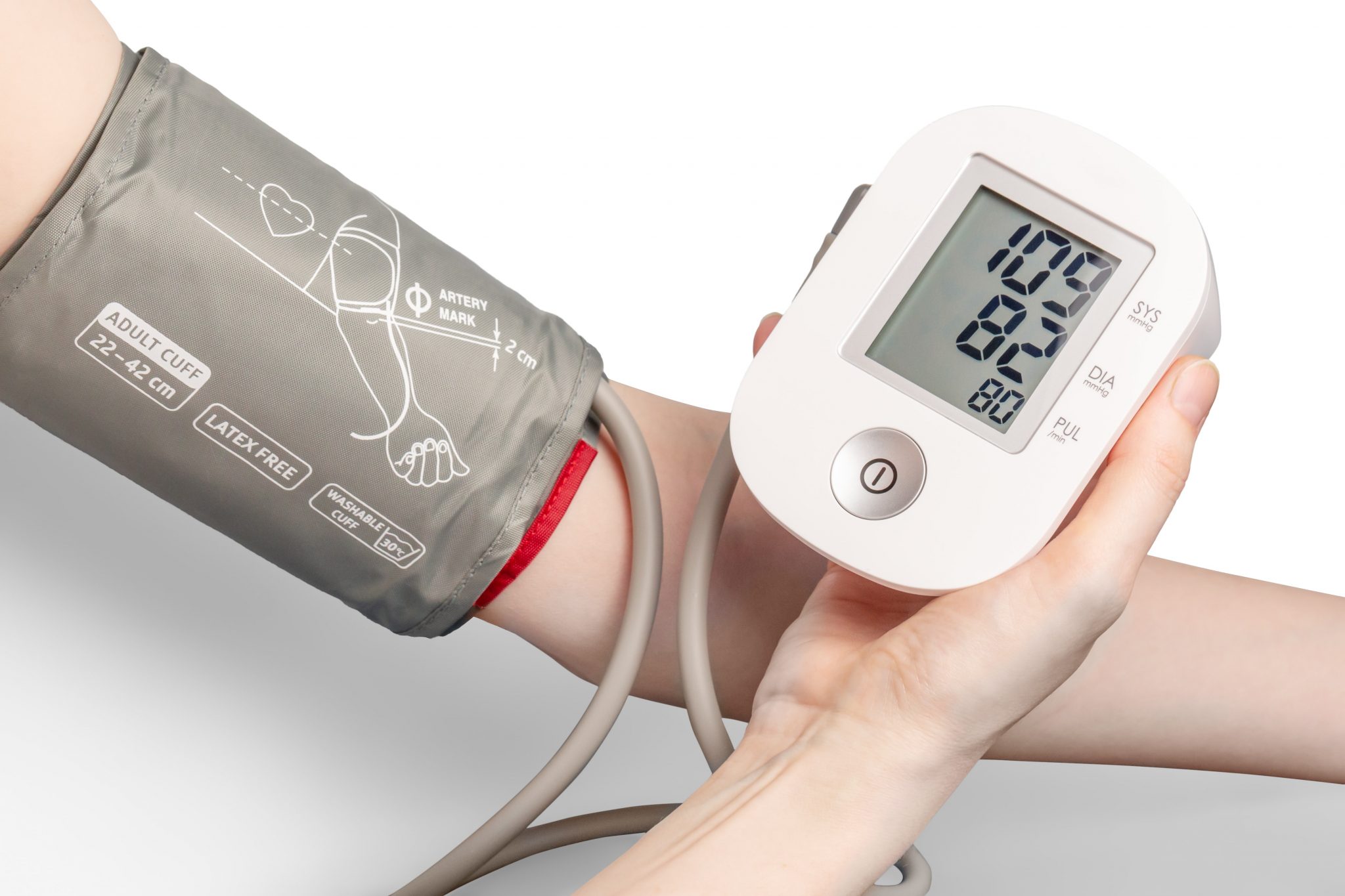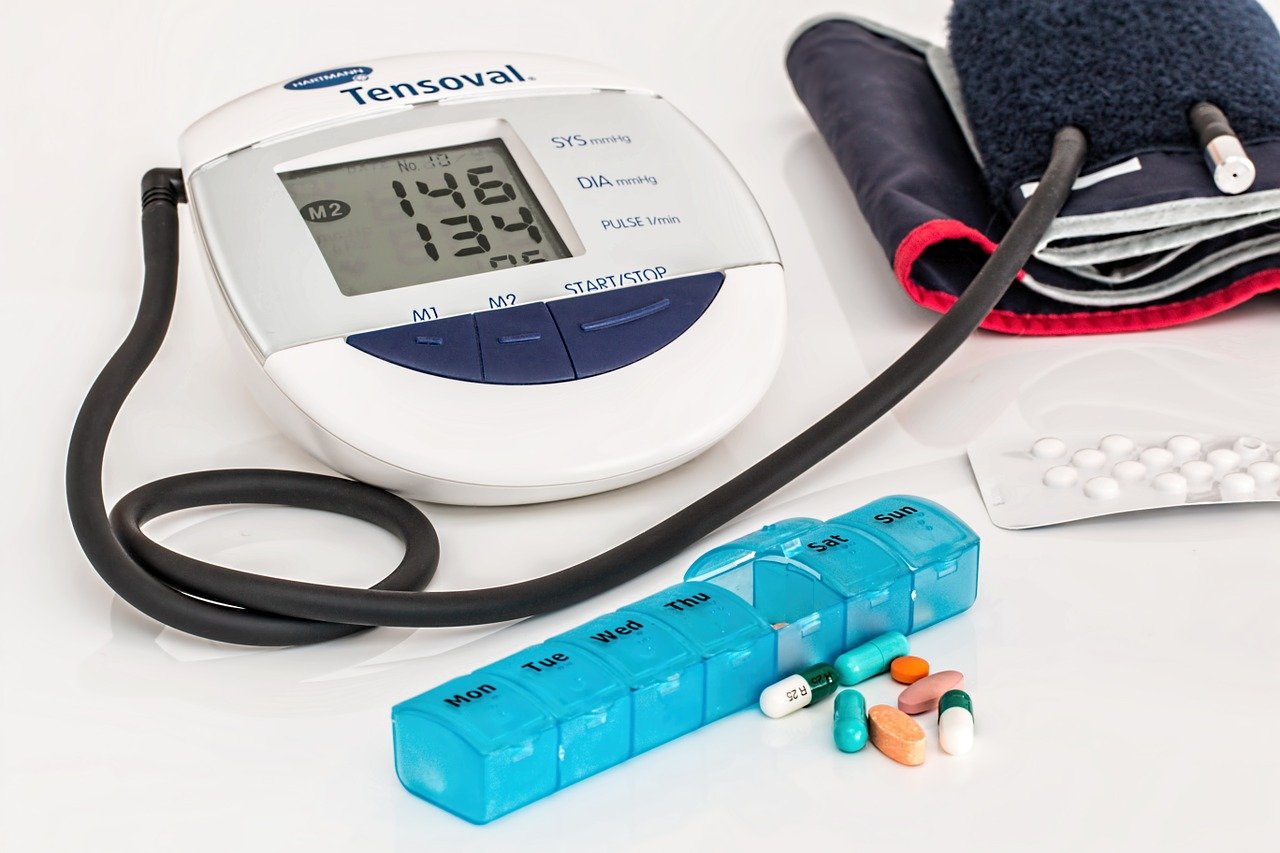How to Keep Cholesterol Levels Under Control
Keeping good health is a very important part of living great regardless of your age. Living healthy is not just about going for checkups but also doing some basic things. These basic things include eating healthy, doing exercises and getting adequate rest. Here we will be picking a part of healthy living that involves regulating cholesterol levels. Cholesterol is a vital substance needed in the body but you need an adequate amount. Let us go into more details to find out what cholesterol really is and how it affects the body.
Cholesterol: What It Is
Cholesterol exists in the body and also the blood as lipids or fat with a waxy kind of appearance. The lipids you have in your body don’t come apart in the bloodstream since they can’t dissolve in water. The work of cholesterol in the body is to help the cell membranes form what we call layers for these cells. The layers play the role of a gatekeeper by giving protection to the constituents of the cell, regulating what goes in and out of it. It is also required for the production of vitamins and some particular body hormones.
The processing of this substance called cholesterol is done by the liver. Bile is another substance that is created by the liver using cholesterol. Unlike cholesterol, bile helps the body digest food Cholesterol exists in both humans and animals and can be in excess, little amounts or the right level. The body is able to produce cholesterol, but it is only in small amounts, so the only way to get enough is from animal-based foods. The movement of cholesterol in the body is dependent on lipoproteins which are divided into three. These lipoproteins are:
Very Low-Density Lipoprotein (VLDL)
These particular lipoproteins are the particles that are found in the bloodstream. These particles are known to contain triglycerides
High-Density Lipoprotein (HDL)
This lipoprotein is one of the two main lipoproteins that exists in the body and is termed the “good cholesterol”. It is responsible for absorbing and transporting cholesterol to the liver. Increased amounts of this cholesterol greatly reduce your risk of suffering from stroke and other heart diseases.
Low Density Lipoprotein (LDL)
LDL is the second member of the two main lipoproteins and is termed the (“bad cholesterol”) which is the opposite of HDL. Just like its term, increased amounts of this cholesterol in your body system makes you prone to stroke and heart diseases.
Factors That Affect Cholesterol Levels
There are a lot of factors that can affect the level of cholesterol in your body. Let us look at some of these factors
Diet
The food you consume have a hand in affecting the level of cholesterol in your body. This is because most meals contain trans-fat, saturated fat, and also cholesterol. Trans and saturated fat are known to have the highest impact on the cholesterol in your blood.
Gender and Age
Studies have proven that the older you get, the higher the level of cholesterol in your body. Gender also plays a role in cholesterol levels especially in women. Compared to men, the total level of cholesterol in women happens to be lower. However, once they are past menopause, the level of HDL tends to reduce and LDL happens to increase. You can check out the Recommended cholesterol levels by age for more detailed info.
Weight
Your body weight is another factor that greatly affects the level of cholesterol in your body. Although weighing less isn’t good, weighing too much actually increases the possibility of you having a heart disease. Asides from that, it also greatly increases the level of triglycerides in your body.
Genetics
Of all the factors, genetics should not be left out since they have a hand in determining the amount of cholesterol that your body produces. High cholesterol running in the family is also dependent on your genes. So, if your family has a record of having high cholesterol, chances are that you might have it as well.
Exercise
Lack of exercise also contributes to piling up the level of cholesterol in your body. Exercise has been to be very effective in balancing your cholesterol level by raising the amount of good cholesterol and reducing the bad cholesterol and triglycerides.
How to Balance Your Cholesterol Levels
Varieties of methods have been put into practice for the purpose of helping patients balance their cholesterol levels. These methods include making some changes to your lifestyle, medication and sometimes both methods are advised. Your doctor or healthcare specialist may ask about your cholesterol levels even during other treatments. The reason for this is to help prevent or treat any heart disease you might have or potentially have.
Regarding changes in your lifestyle, it’s something you can do without needing any medication immediately. It is safe to do and is even suggested by doctors to help you reduce your cholesterol level. Here are some of the lifestyle changes you can do to lower your cholesterol level naturally
Exercise Your Body Frequently
Engaging in physical activities, especially exercise is a good way to keep your heart and cholesterol levels in a healthy state. It’s not about overworking your body but engaging in activities that increase your heart rate. Be sure to check in with your doctor to know which activities you can engage in.
Make Use of Supplements
There are a lot of supplements that help you maintain a healthy cholesterol level. These kinds of supplements are great, especially when you would prefer to avoid medications. Some of these cholesterol-reducing supplements are
- Psyllium husk
- Fish oil
- Coenzyme Q10
- Red yeast rice
Before using any of these supplements, always be sure to confirm from your doctor especially if you are currently on medications.
Eat Healthy Meals
Don’t just eat healthy meals; eat heart-healthy meals. Heart-healthy meals are diets that give a lot of health benefits to the heart. One of the benefits which these diets offer to the heart is the better circulation of blood. So be sure to avoid foods that interfere with proper circulation. Examples of heart-healthy diets are
- High fiber foods
- Plant proteins
- Plant foods
- Whole foods
Quit Smoking
Although many people might tell you it won’t make a difference once you have been smoking for years, quitting actually makes a difference. Your heart experiences an improvement, no matter how slight. Smoking is also known to affect the level of cholesterol in the body negatively, so quitting is the way to go.
Conclusion
Your heart condition is closely tied to your cholesterol so if you want better health for your heart, your cholesterol must be balanced. The type of food you eat, the rate at which you exercise, and also your weight greatly affect your cholesterol level. To put it under control and balance it, you will need a lifestyle change or use of medication just like we stated above. Also, always be sure to go for checkup once in a while to know your health status. If you happen to experience symptoms that are not responding to lifestyle changes, contact us today to book an appointment.





